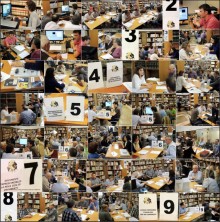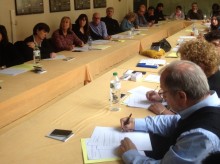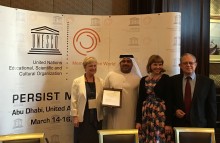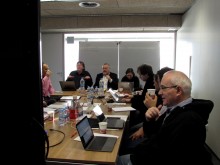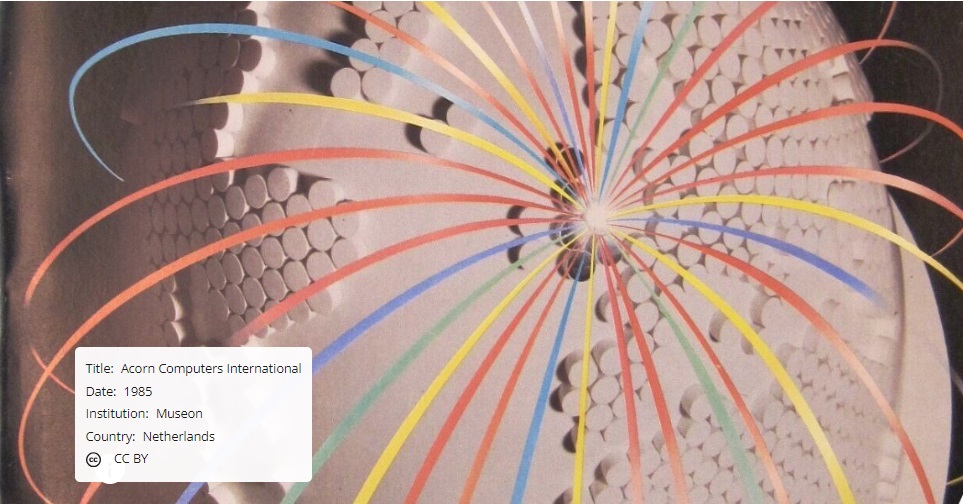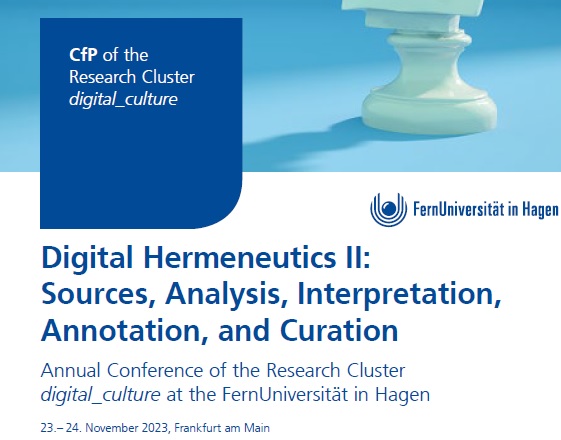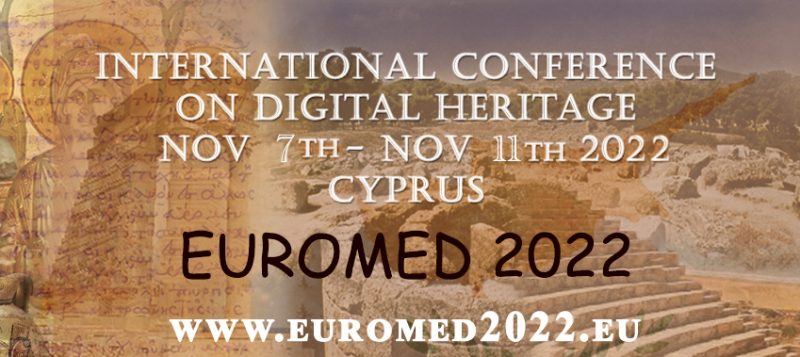Although if you were to ask the majority of the population, it is probable that the answer would be otherwise, what is fundamentally true is that archivists are essentially interested in and committed to the future. We have known, for a long time, that memory is memory more for what one forgets than what one remembers. And we know, too, that in order to ward off this forgetfulness, humanity has created an unbeatable machine: the document.
Documents are the material of memory and they become a tangible guarantee of the durability of our actions and our memories. But, it is true. Documents are fragile, their organisation is complex and it is often a difficult task to distinguish what is incidental from that which is essential. Difficult, too, to convince ourselves that our daily actions,
our many times spent anonymously and seemingly of little relevance, may have interest to those who will come after us.
What will be remembered about us? How to preserve personal and family documents in the 21st Century is the proposal that the Department of Records Management, Archives and Publications (the SGDAP) have put forward to commemorate the International Day of Archives. Its approach has been eminently practical and is intended to highlight the importance of all types of document whatsoever (text, graphic, photographic, audiovisual), the fragility of all media (from parchment to digital) and the significance, personally and collectively, of the information the documents contain.
It has also served to demonstrate once more that the Archive is a public service, open to the entire population and one which works to meet the needs of citizens.
Download here the resource.



